West Virginia becomes the first state in the nation to implement a statewide program to provide emotional intelligence (EQ) training from TalentSmartEQ to more than 4,500 law enforcement officers. Known as Project EQ, the groundbreaking initiative equips police officers with essential emotional intelligence skills to foster a culture of understanding, empathy and effective communication within police departments and the communities they serve.
LAW ENFORCEMENT
West Virginia’s Project
EQ Sets New Standard
The Challenge
In West Virginia, like many states, the state’s law enforcement agencies faced increasing public scrutiny and a pressing need for improved community relations. West Virginia was the epicenter of the nation’s opioid crisis, with the scars of this epidemic impacting families through generations. Amidst this crisis, West Virginia is also faced with a high rate of incarceration, with 1 in 8 residents having a felony conviction, reflecting the systemic challenges and the cycle of crime and punishment that affects too many West Virginians. These challenges highlight the need for transformative change in every facet of society, including law enforcement.
Traditional training methods to address these complex emotional and interpersonal dynamics weren’t working. Historically, training programs emphasized tactical and physical skills, neglecting emotional intelligence training. This gap can lead to increased stress, burnout, high turnover rates and instances of misconduct, undermining the trust between law enforcement agencies and the communities they serve.
There was a clear need for a different approach—one that could provide police officers with EQ tools to engage more effectively with the community every day.

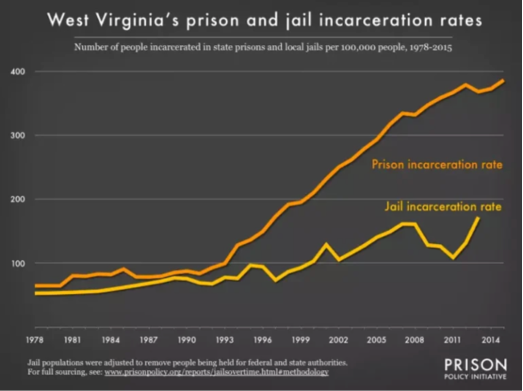
“Every call, every interaction, is a chance to make a difference. But to truly connect, to really help, we need to understand more than just the letter of the law. We need to understand the human heart.”
– Law Enforcement Officer
The Solution
Errol Randle, a retired police officer and the strategic director of law enforcement for the Mountain State Educational Services Cooperative (ESC), recognized the pivotal role emotional intelligence could play in reforming policing and contacted TalentSmartEQ, the world’s premier provider of emotional intelligence training. He connected with Dr. Greg Campbell, a renowned EQ expert, TalentSmartEQ’s Vice President of Law Enforcement & Government, and a former law enforcement agent with more than 25 years as a federal agent.
Together, they became the architects of Project EQ, a bold initiative aimed at providing all 4,500 police officers in West Virginia with emotional intelligence training to enhance the effectiveness of law enforcement, heal communities, and bridge the divide between officers and the communities they serve.
This first-of-its-kind program marks the culmination of years of planning and collaboration between TalentSmartEQ, Mountain State ESC, and local law enforcement agencies. The program went from concept to reality with the support of Senator Joe Manchin, who was instrumental in helping secure $892,000 in funding as part of a Congressionally Directed Spending (CDS) Request within the 2023 Federal Omnibus Appropriations package.

About Project EQ
Project EQ teaches essential emotional intelligence skills including self-awareness, self-management, social awareness, and relationship management, helping officers recognize and manage their own emotions and better perceive and respond to the emotions of others. The EQ training delivers practical tools tailored for specific challenges faced by police officers, including stress management, conflict resolution, effective communication, and empathy development. Officers gain hands-on EQ training through role-playing scenarios, real-life case studies and use of an emotional intelligence assessment. These EQ skills are critical when facing high-pressure situations requiring quick, empathetic, and effective responses.
“It all starts with the health and well-being of law enforcement officers. If we provide them with the tools needed to effectively handle the various situations they encounter and then give them the skills needed to manage their emotions in the heat of the moment, we can set them up for success. That all starts with emotional intelligence.”
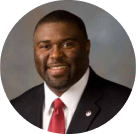
–Dr. Greg Campbell, VP of Law Enforcement and
Government, TALENTSMARTEQ
Implementation of Project EQ is underway, including certifying a cadre of law enforcement officers who will serve as EQ trainers, creating a statewide schedule for training sessions, and ensuring that each police officer undergoes an individualized emotional intelligence appraisal. The goal is to see every law enforcement officer in West Virginia certified in emotional intelligence by the end of 2026.
In addition to training current officers, emotional intelligence training is being integrated into the curriculum for probationary officers and cadets at the West Virginia State Police Academy to embed EQ skills at the onset of an officer’s career.

The Results
Project EQ’s results are remarkable. Officers reported significant reductions in stress and burnout. They reported better team dynamics and the ability to manage their emotions more effectively in high pressure situations, leading to benefits including:
Reduction in Use of Force
Officers with EQ training can defuse potentially volatile situations more effectively, resulting in a notable reduction in use of force incidents.
Positive Community Relationships
By empathizing and connecting with community members, officers build stronger, more trusting relationships both in their communities and at home.
Enhanced Officer Well-Being
Officers report greater job satisfaction, leading to improved mental health and reducing burnout. This has fostered a healthier work environment, with fewer misconduct complaints, lower turnover rates, and a more stable workforce.
“We’ve experienced a significant reduction in both use of force incidents and misconduct complaints among officers. This marks a revolutionary chapter in history, where emotional intelligence training is the spark to improving citizen interactions and police-community relations.”

– Errol Randle, retired 25-year police veteran and strategic director of
law enforcement for the Mountain State Educational Services Cooperative

Expanding the Power of EQ
TalentSmartEQ is also working with police departments in Louisiana, Texas, California and Colorado, to name a few, with a goal of making emotional intelligence training a standard component of officer academies and continuing education programs.
In addition, 13 state prisons in Florida, Mississippi, and West Virginia are piloting TalentSmart’s emotional intelligence training for inmates, working to create a system of respect, understanding and empathy across law enforcement and correctional facilities to reduce the high rate of incarceration and recidivism from all sides.
“By equipping officers with the tools to understand and manage their emotions and the emotions of others, we’re not only improving their professional performance but also enhancing their personal well-being. The results we’ve seen in West Virginia are a testament to the power of EQ training – not just in police work, but for everyone who wants to communicate more effectively.”

–Dr. Greg Campbell
Learn more about TalentSmartEQ's emotional
intelligence solutions for law enforcement.
Timeline of Key Milestones
October, 2020
Errol Randle, a retired police officer and the strategic director of law enforcement for the Mountain State Educational Services Cooperative (ESC), contacts TalentSmartEQ about utilizing their Emotional Intelligence 2.0 books in West Virginia.
October, 2020
Eddie Whitehead (WV Police Officer) gets certified in the TalentSmart EQ program.
November, 2020
Team sends Emotional Intelligence 2.0 books and Emotional Intelligence Appraisal to West Virginia for first training, and Errol meets with Senator Manchin.
December 2020
First Big Project EQ program. Police chiefs and WV major in attendance. Eddie Whitehead and Errol Randle facilitated an 8-hour training on EQ and Unconscious Bias.
December, 2020-February, 2021
Errol Randle and Eddie Whitehead train the entire Charleston, WV Police Department.
March 2021-present
Emotional intelligence training is integrated into the curriculum at the West Virginia State Police Academy, to ensure all new police officers have the skills needed to respond with understanding, empathy and resilience in serving their communities, and with the Charleston, West Virginia, Police Department.
February, 2022
Errol Randle meets with Dr. Greg Campbell, TalentSmartEQ’s Vice President of Law Enforcement & Government, and Amy Wolff, Vice President of Client Solutions, and started to plan a larger initiative to bring emotional intelligence training to all law enforcement officers in West Virginia.
July, 2022
Errol Randle applies for directed spending as part of the Senate Appropriations Committee via United States Senator Joe Manchin.
December, 2022
$892,000 in funding is approved as part of a Congressionally Directed Spending (CDS) Request within the 2023 Federal Omnibus Appropriations package.
August, 2023
EQ Training is expanded to inmates at 13 state prisons, aiming to reduce recidivism by developing better emotional and interpersonal skills.
December, 2023
Project EQ is officially funded.
January, 2024
TalentSmartEQ certifies the first 7 trainers who will roll the program out across the state.
February, 2024
Press event is held to announce Project EQ, a new chapter in policing and community relations, with Senator Manchin, local dignitaries, police officers and community members in attendance.
March, 2024
Emotional intelligence training is rolled out across West Virginia with a goal of certifying all law enforcement officers by December, 2027.
July, 2024
TalentSmartEQ certifies 10 more trainers to help roll out the program across the state, as well as integrate EQ into other government agencies.
Perspectives on Project EQ
Hear about the impact of Project EQ from those directly involved in its creation and implementation.
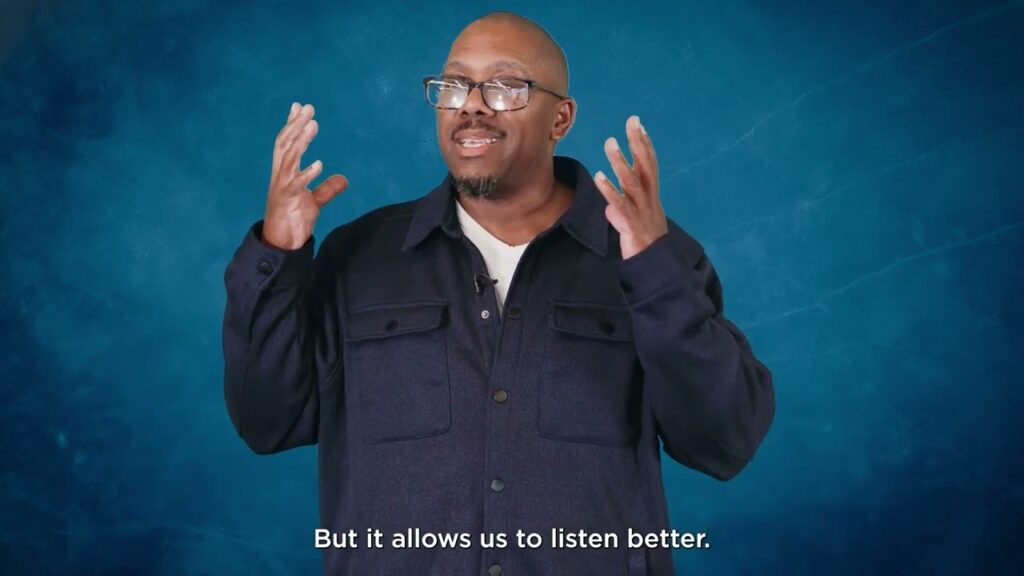
Errol Randle: Retired Law Enforcement on Emotional Intelligence (EQ)
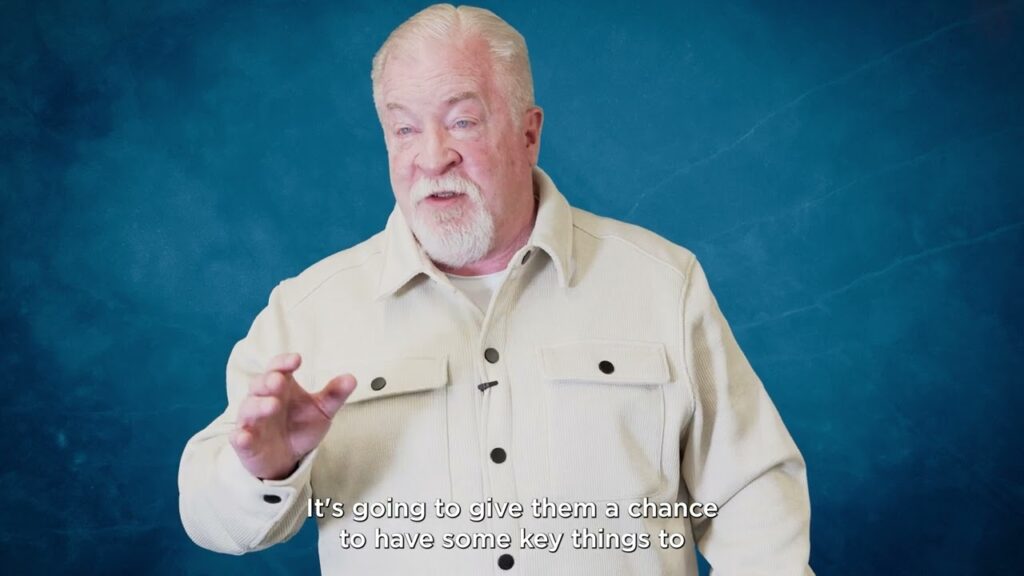
Chief Brad Rinehart, SCPD on Emotional Intelligence (EQ)
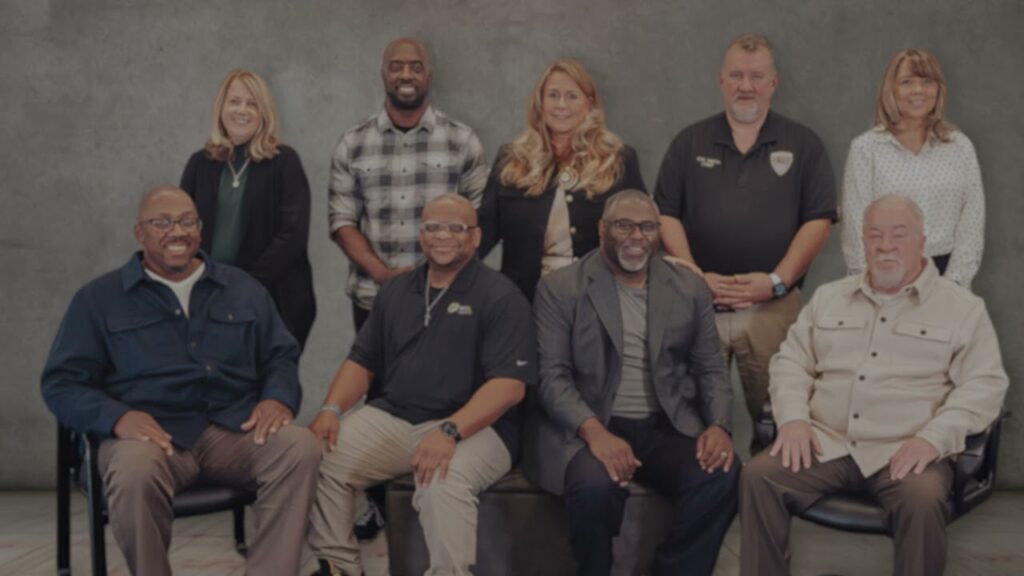
Justin Adams, Peer Recovery Specialist on Emotional Intelligence (EQ)
Press
Contact Us
Contact us today to learn how emotional intelligence can enhance your officers’ abilities to serve and protect with empathy, understanding, and effectiveness.